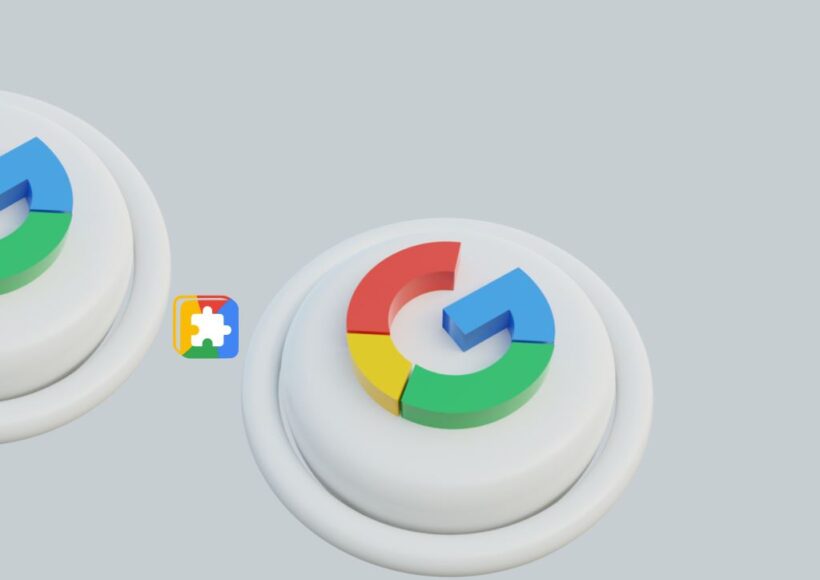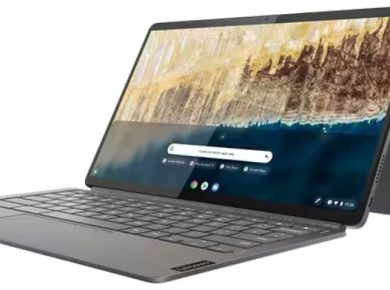Well, my friend, I’ve been down this rabbit hole. After weeks of scouring benchmarks, reading reviews, and testing these CPUs in my own rig, I’m here to share everything I’ve learned—the good, the bad, and the “why is this so complicated?” moments. Let’s break it down, shall we?
What’s the Difference Between Ryzen 7 and Ryzen 9?
First off, let’s cover the basics. AMD’s Ryzen 7 and Ryzen 9 CPUs are part of the same family, but they cater to slightly different audiences. Think of Ryzen 7 as the capable workhorse, while Ryzen 9 is the powerhouse designed for enthusiasts and professionals.
Here’s a quick rundown:
- Ryzen 7: Typically comes with 8 cores and 16 threads. It’s great for gaming, light content creation, and multitasking.
- Ryzen 9: Packs more of a punch with 12 to 16 cores and up to 32 threads. It’s built for heavy-duty tasks like video editing, 3D rendering, and running multiple virtual machines.
My Experience with Ryzen 7
A couple of years ago, I upgraded my rig with a Ryzen 7 5800X. At the time, I was primarily gaming, streaming occasionally, and doing light photo editing. Let me tell you, this CPU was a beast. Games like “Cyberpunk 2077” ran buttery smooth, even at high settings, and multitasking was never an issue. I’d have Discord, Spotify, and Chrome tabs (too many, honestly) open while gaming, and it didn’t break a sweat.
But here’s the thing: once I started dabbling in 4K video editing and 3D modeling, I noticed the limitations. Rendering times were decent but not mind-blowing, and some tasks felt like they could use a little more oomph.
When I Made the Leap to Ryzen 9
Fast forward to last year, when I finally decided to upgrade to the Ryzen 9 7950X. And wow… what a difference. Suddenly, those 4K video renders that took 20 minutes were done in under 10. Running multiple virtual machines for testing? No problem. And multitasking? Let’s just say my PC started to feel more like a workstation than a gaming rig.
But… do I use all 16 cores every day? Honestly, no. For gaming and casual use, the Ryzen 9 is overkill. If I’m being real, it’s like owning a Ferrari and only driving it to the grocery store.
Performance Breakdown: Gaming
Let’s talk about gaming, because I know that’s a priority for a lot of folks.
- Ryzen 7: In most gaming benchmarks, the Ryzen 7 holds its own. Paired with a good GPU (like an RTX 3070 or better), you’re looking at high frame rates in modern AAA titles. Plus, the lower core count means slightly higher clock speeds, which can translate to better performance in single-threaded games.
- Ryzen 9: If you’re gaming while streaming or running background tasks, the Ryzen 9 shines. Those extra cores and threads ensure your gameplay stays smooth, even with OBS, Discord, and other apps running simultaneously. However, for pure gaming, the performance difference compared to Ryzen 7 is minimal—we’re talking a few frames per second.
Performance Breakdown: Content Creation
This is where Ryzen 9 pulls ahead in a big way. If your workflow involves tasks like video editing, 3D rendering, or heavy-duty multitasking, those extra cores and threads make a noticeable difference.
For example:
- 4K Video Editing: My Ryzen 7 rig handled 1080p edits like a champ, but when I switched to 4K, render times increased significantly. On the Ryzen 9, the same project finished twice as fast.
- 3D Rendering: In Blender, the Ryzen 9 cut render times nearly in half compared to the Ryzen 7. If you’re working with complex scenes, the upgrade is absolutely worth it.
Price-to-Performance Ratio
Let’s get into the nitty-gritty of pricing, because CPUs aren’t exactly cheap.
- Ryzen 7: Typically priced between $300 and $450, depending on the model. For most gamers and casual creators, this is the sweet spot.
- Ryzen 9: You’re looking at $500 to $750. It’s a bigger investment, but if you’re a professional or serious hobbyist, the time saved on rendering and multitasking can justify the cost.
In my opinion, if your primary focus is gaming or light creative work, stick with Ryzen 7. But if you’re diving into professional-level tasks, Ryzen 9 is worth every penny.
Heat and Power Consumption
One thing to note: Ryzen 9 CPUs run hotter and consume more power. When I upgraded, I had to invest in a better cooler (I went with an AIO liquid cooler) and a beefier PSU. Keep this in mind if you’re upgrading from a mid-range CPU.
Final Thoughts: Which One Should You Choose?
If you’ve made it this far, you’re probably wondering: which CPU is right for me? Here’s my take:
- Choose Ryzen 7 if you’re primarily gaming, streaming, or doing light content creation. It’s a fantastic all-rounder that balances performance and price.
- Choose Ryzen 9 if you’re a content creator, developer, or someone who needs serious multitasking capabilities. The extra cores and threads make it a productivity powerhouse.
At the end of the day, both CPUs are excellent choices. It really comes down to your specific needs and budget. For me, upgrading to Ryzen 9 was a game-changer for my workflow. But honestly? If I were still mostly gaming, I’d probably stick with Ryzen 7 and put the extra cash toward a better GPU.
So, what’s your pick? Are you team Ryzen 7 or Ryzen 9? Let me know in the comments—I’d love to hear what’s powering your rig!
Read Next:





